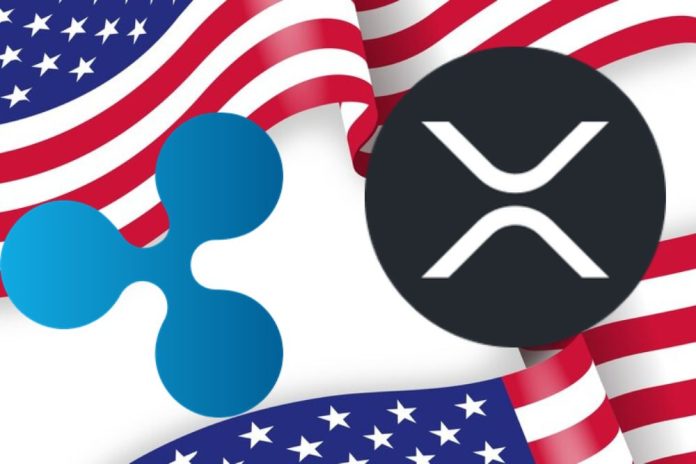The ongoing legal battle between Ripple and the U.S. Securities and Exchange Commission (SEC) has prompted significant changes to Ripple’s On-Demand Liquidity (ODL) service in the U.S. A recent court filing revealed these adjustments, highlighting Ripple’s efforts to navigate the tumultuous regulatory landscape while maintaining global operations.
A key change involves the bridge currency used in ODL transactions for Ripple’s U.S. clients. Following the court ruling in July 2023, which classified non-institutional XRP sales as non-securities but determined that institutional sales were securities, Ripple has transitioned away from XRP.
Read Also: Latest Report: Ripple Reveals the Amount of XRP Left in Escrow
The filing clarifies that U.S.-based ODL services now use Tether (USDT) as the primary bridge currency. This strategic shift ensures compliance with current legal interpretations while minimizing disruptions for non-U.S. ODL users.
Internal Communication Sheds Light on Adjustments
An internal email from Ripple President Monica Long, shared on X by Crypto Eri (@sentosumosaba), a prominent XRP community member, provides further details on the transition.
Long emphasizes the immediate steps taken after the SEC ruling, pointing out that the company migrated U.S.-based ODL customers from XRP to USDT. This action demonstrates Ripple’s commitment to legal adherence.
No surprises here. Navin Gupta was the first Rippler I heard on a YT interview who mentioned that other digital assets would increasingly serve as #Ripplenet bridges in the future. And as for those channels claiming $USDT is a scam… 😂 Oh, the twists of life.
It's all about the… pic.twitter.com/0zlQ69pkWr— 🌸Crypto Eri 🪝Carpe Diem (@sentosumosaba) April 23, 2024
Global Operations Remain Unaffected
While the U.S. market underwent adjustments, Ripple’s global ODL operations continued largely unaffected by the SEC lawsuit. The filing highlights the crucial role of Ripple’s Singapore subsidiaries. These entities now handle most contractual relationships for XRP sales to new international ODL customers.
This strategic move leverages the licensing of Ripple Markets APAC Pte Ltd by the Monetary Authority of Singapore. As Long explains, “To service our ODL customers, we should continue to leverage our foreign subsidiaries who are licensed by local regulators to lawfully conduct such activity.”
We are on twitter, follow us to connect with us :- @TimesTabloid1
— TimesTabloid (@TimesTabloid1) July 15, 2023
Financial Implications of the SEC Lawsuit
The court filing also sheds light on Ripple’s financial reliance on XRP sales before the SEC lawsuit. Wrath of Kahneman (@WKahneman) shared the calculations of Ripple’s accounting expert Anthony Bracco, which revealed that, from April 1, 2014, through December 22, 2020, Ripple operated at a loss without revenue from XRP sales. This information underscores the significant financial impact of XRP sales on Ripple’s overall business during that period.
Read Also: Ripple vs SEC Lawsuit Update As of February 29, 2024
While the redacted figures prevent precise analysis, the data suggests a strong correlation between XRP sales and Ripple’s financial stability.
The adjustments to Ripple’s ODL service demonstrate the company’s willingness to adapt to changing regulatory environments and stay within the confines of the law. This bolsters the company’s defense as the SEC cannot prove reckless disregard for regulation or harm to investors.
Follow us on Twitter, Facebook, Telegram, and Google News


